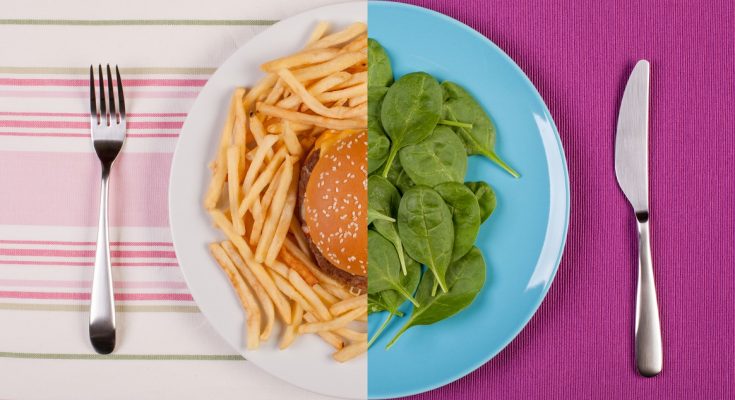Following a full public consultation, the Committee of Advertising Practice – CAP – has today announced tough new rules banning the advertising of high fat, salt or sugar (HFSS) food or soft drink products in children’s media.
The rules will apply across all non-broadcast media including print, cinema, online and in social media, and CAP has stressed that they will also apply to ‘TV-like content’ online, such as on video-sharing platforms or advergames, if they are directed at or likely to appeal particularly to children.
One key benefit for the promotions industry is a clarification of the rules on marketing communications using promotional techniques, characters or celebrities to promote healthier options to children aged 11 and under.
Changes to the rules will mean advertisers will be able to use promotions, licensed characters and celebrities in ads for non HFSS foods, allowing more creative ways for the industry to promote healthier food options to children and their families.
The new rules, which will apply in media targeted at under-16s, will come into effect on 1 July 2017.
In summary:
- Ads that directly or indirectly promote an HFSS product cannot appear in children’s media
- Ads for HFSS products cannot appear in other media where children make up over 25% of the audience
- Ads for HFSS products will not be allowed to use promotions, licensed characters and celebrities popular with children; advertisers may now use those techniques to better promote healthier options
- The Department of Health nutrient profiling model will be used to classify which products are HFSS
This significant change is designed to help protect the health and wellbeing of children.
Bringing the non-broadcast advertising rules in line with the TV rules, the new restrictions will lead to a major reduction in the number of ads for HFSS food and drinks seen by children. And it will also mean ads for HFSS products will no longer be allowed to appear around TV-like content online, such as on video-sharing platforms or advergames, if they are directed at or likely to appeal particularly to children.
CAP’s review and the new rules come in response to wider concerns in society about childhood obesity and the public health challenges it poses. The new rules also respond to shifting media habits amongst young people and evolving advertising techniques which have fundamentally changed children’s relationship with media and advertising. Research from Ofcom shows that young people aged 5-15 are spending around 15 hours each week online – overtaking time spent watching a TV set for the first time.
There are many factors that have an impact on childhood obesity, and available evidence shows that the effect of advertising on children’s food preferences is relatively small, particularly when compared to other factors like parental influences; however, CAP believes that even a very small positive impact from these new ad restrictions could play a meaningful role in reducing potential harm to children.
Chairman of CAP, James Best said: “Childhood obesity is a serious and complex issue and one that we’re determined to play our part in tackling. These restrictions will significantly reduce the number of ads for high, fat, salt or sugar products seen by children. Our tough new rules are a clear demonstration that the ad industry is willing and ready to act on its responsibilities and puts the protection of children at the heart of its work.”
The IPM’s Managing Director Carey Trevill says: “With significant changes to the CAP Code, the IPM will be part of the story that changes the way advertising and marketing communications affect children today and tomorrow. We have an important part to play in the way our consumers view marketing communcations. Helping the wider community understand the steps we have taken as an industry can only lead to improved campaigns.”
Questions on what the changes mean for your campaigns? The IPM are running a webinar with their Legal Advisor, Laura Kelly and with CAP on December 15th. Places are free and you can book yours here.



























